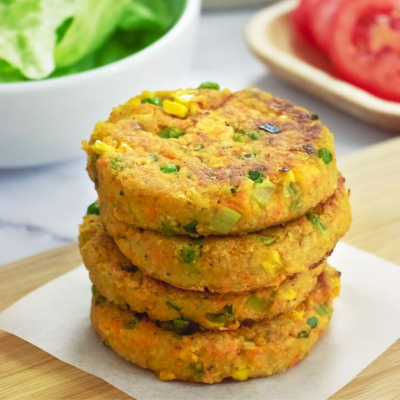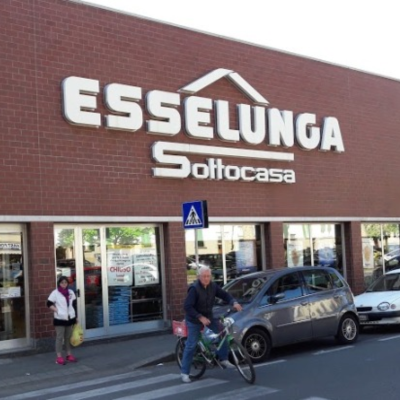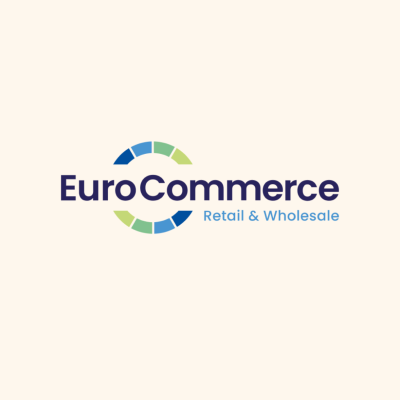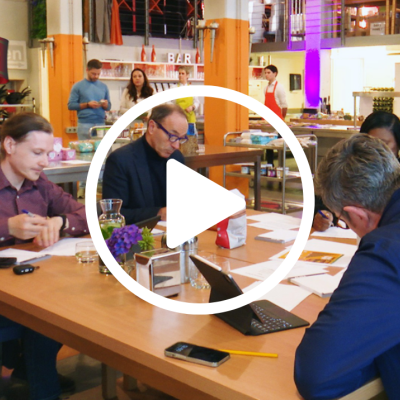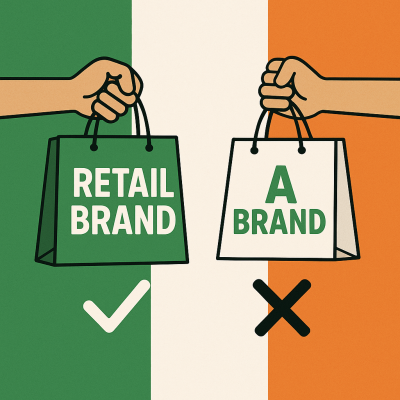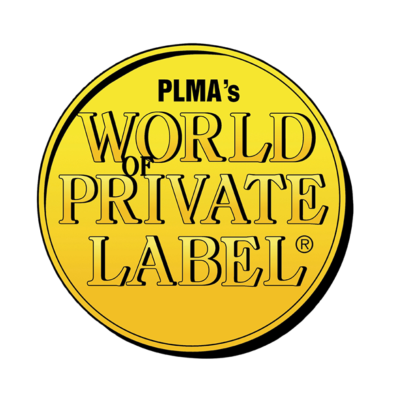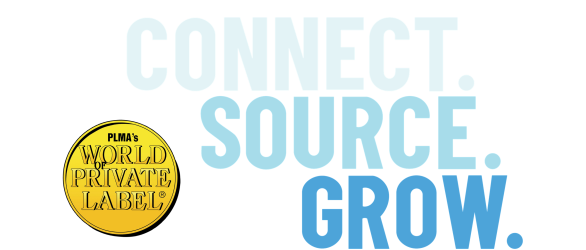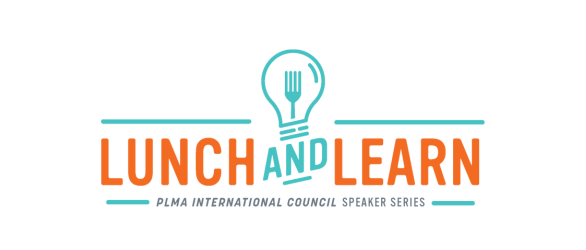In Europe, the transition from animal-based proteins to plant-based proteins is part of the European Green Deal’s Farm to Fork strategy which aims to make food systems fair, healthy and environmentally friendly. The current ratio of animal to plant-based options in Europe is 60/40 while globally, it is 40/60. Since a few years, retailers are committing to help bring about the protein shift, giving the fact that supermarkets can play an important role in shaping both consumer behaviour and supply chains.
Last year, NGO Madre Brava assessed the 15 largest European supermarket chains on their protein transition ambitions. The results show that all retailers have set targets to reduce emissions from the food they sell. In addition, Ahold Delhaize and Lidl were the first retailers to align their protein offerings with human and planetary health goals. Lidl in Germany became the first supermarket to offer a basket of plant-based goods which was cheaper than its animal-based alternatives. Ahold set targets in all its European retail brands to sell more plant-based and fewer animal-based proteins, with the Albert Heijn banner committing to achieve a 50% / 50% plant-animal protein split by 2025, and a 60% / 40% split by 2030.
However, Albert Heijn now reports that despite all efforts, sales of plant-based proteins are disappointing. The company will most likely not achieve the target of having 50% of the proteins sold be plant-based by the end of this current year. In 2024, 44.2 percent of proteins sold were plant-based, while the aim was for it to be 47%. The retailer says that animal proteins like chicken, and protein dairy products remain popular. Also, it has proven difficult to change consumers’ eating patterns. The behavioural change towards more plant-based choices is a long process, the company states.
While retailers will continue to make commitments around the protein split, and companies will continue to invest in novel proteins, consumer behaviour appears to be more difficult to control than expected and could potentially slow down the process.

